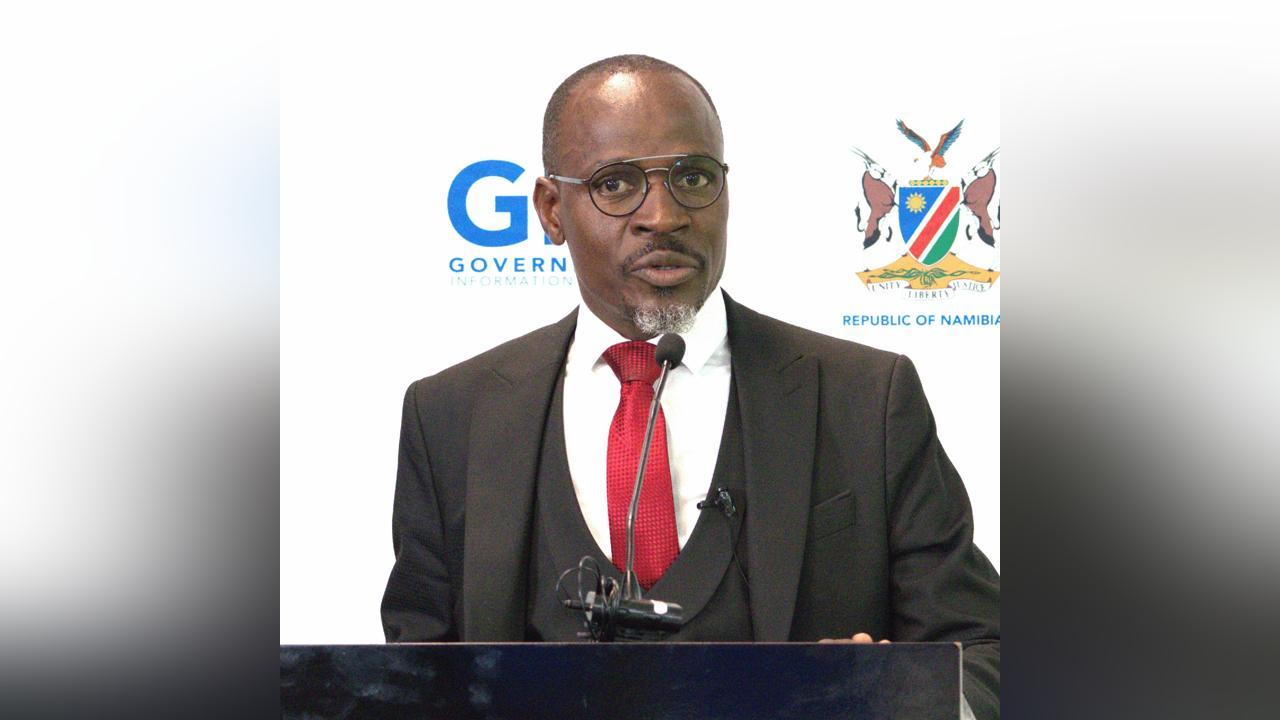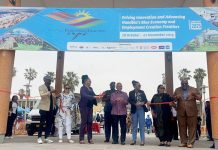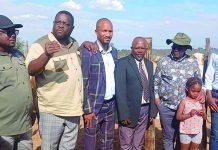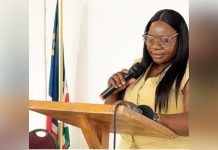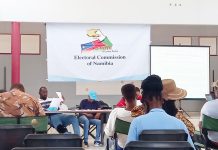Africa-Press – Namibia. Although questions and allegations about alleged crimes committed during the country’s liberation struggle period and early post-independence era continue to surface in various pockets of society, justice minister Fillemon Wise Immanuel has maintained that such assertions do not warrant the establishment of a Truth and Reconciliation Commission.
Immanuel said he remains confident in Namibia’s various legal instruments, policy frameworks as well as constitution in safeguarding the country’s peace, unity, stability and development, saying the past 35 years are proof that Namibians can tackle difficult and painful conversations within the available legal boundaries.
“The ministry of justice, in line with the government policy, up to this very hour, does not have plans to establish a Truth and Reconciliation Commission. Instead, we remain convinced that the existing reconciliation framework, although imperfect, has successfully preserved peace, stability and unity for over three decades,” he said.
He was responding to National Democratic Party (NDP) leader Martin Lukato, who this week in the National Assembly demanded that government should set up a Truth and Reconciliation Commission to help address questions around “war crimes” committed during the liberation struggle period.
“I want to know as to what steps the ministry of justice has taken towards establishing a Truth and Reconciliation Commission in Namibia to investigate cases of missing and murdered Namibians from the liberation era and during the early post-independence period? And also, as to what justifies initiating such a process at this time, particularly in light of long-standing calls by families and civil society about missing Namibians?” queried Lukato.
Lukato said although he is fully cognisant of human rights institutions such as the Ombudsman, the courts and others, he is still convinced that an independently constituted Truth and Reconciliation Commission will be the perfect platform to address the grievances of families of missing Namibians and preserve the country’s peace and stability.
In response, Immanuel assured Lukato that Namibia has sufficient legal avenues and capacity to hear and attend to cases of human rights violations, including those stemming from the country’s liberation struggle and early post-independence era.
Immanuel further justifide that government has for over three decades deliberately approached its development agenda through unity of purpose and with special emphasis on national reconciliation as enshrined in the constitution and supported by the Amnesty Proclamations.
“The country’s post-independence peace was built on deliberate choices of forgiveness and national reconciliation. The government’s forgiveness approach, under the leadership of the Founding President, Dr Sam Nujoma, then was not one of denial but one of pragmatism, aimed at building a nation where bitterness would not dictate, but rather our collective destiny,” he stated.
Immanuel added that reconciliation continues to be advanced through national institutions such as the police, courts and the Office of the Ombudsman, which provide remedies for human rights violations and social grievances.
Dark chapter
The call for the establishment of a Truth and Reconciliation Commission stems from the country’s dark and complex liberation struggle history, where it is alleged that about 1 000 Swapo Party members and refugees were killed and tortured in what is now infamously known as the Lubango dungeons.
The alleged atrocities were committed during the war of liberation struggle in the 1980s at detention centres in Lubango, Angola. Swapo was recognised by the international community as a genuine national resistance movement against the apartheid colonial regime of South Africa from the 1960s until Namibia’s independence in 1990.
Thus, Swapo was a primary caretaker of more than 60 000 Namibian war refugees in exile that were accommodated mainly in camps. The term “camps” basically refers to the central areas where Namibians in exile were residing in Angola.
For More News And Analysis About Namibia Follow Africa-Press

